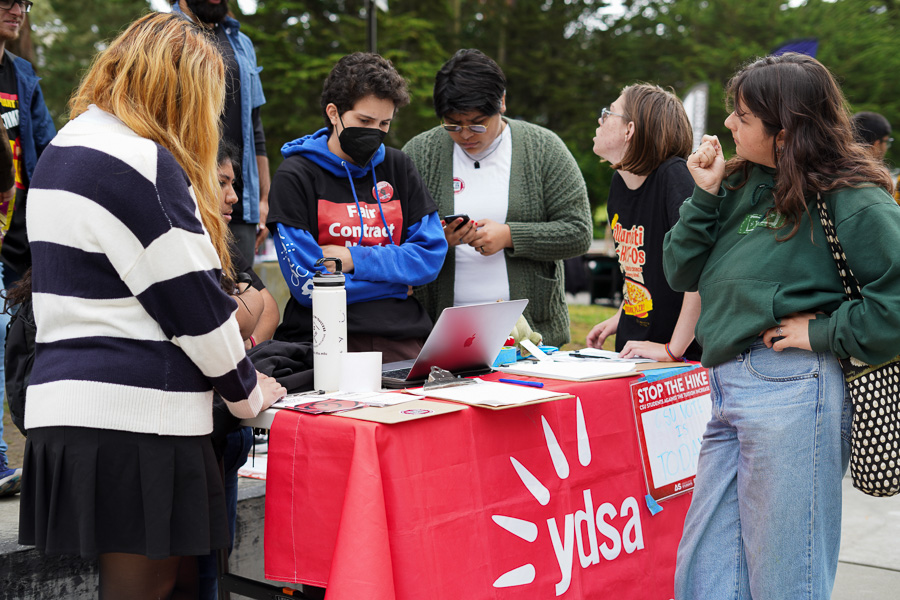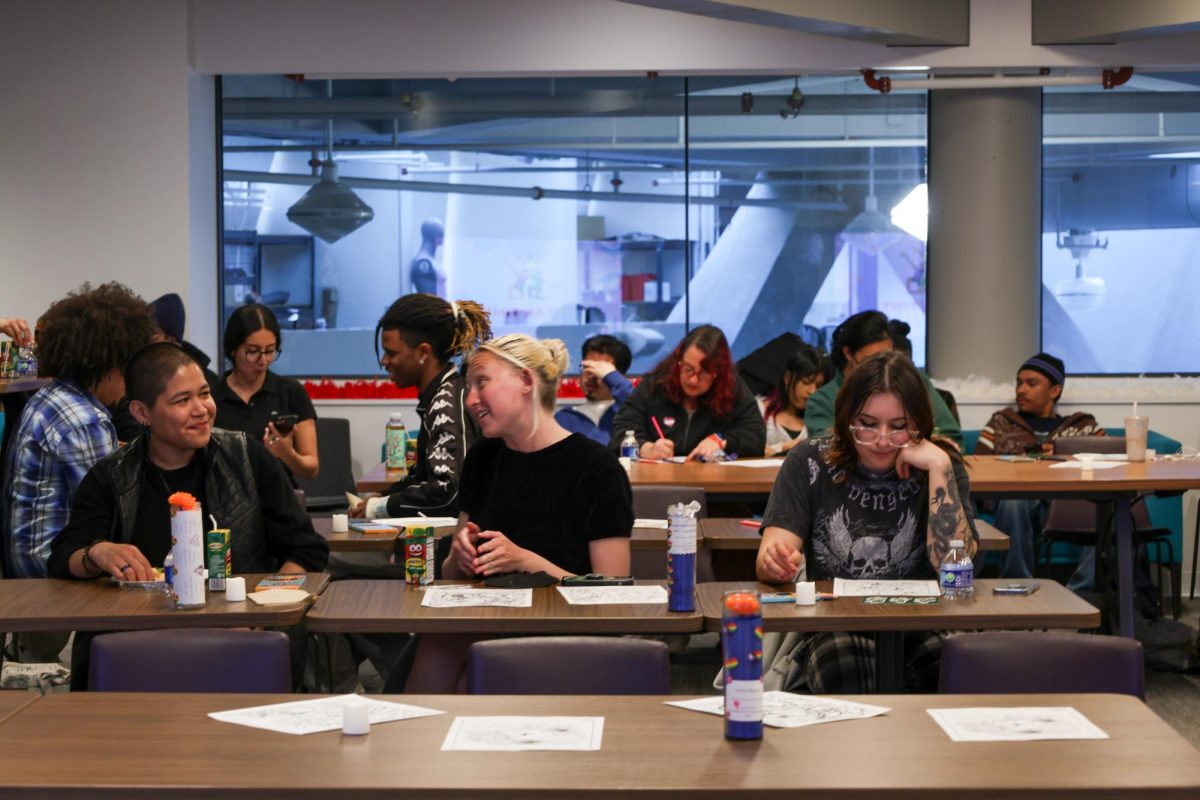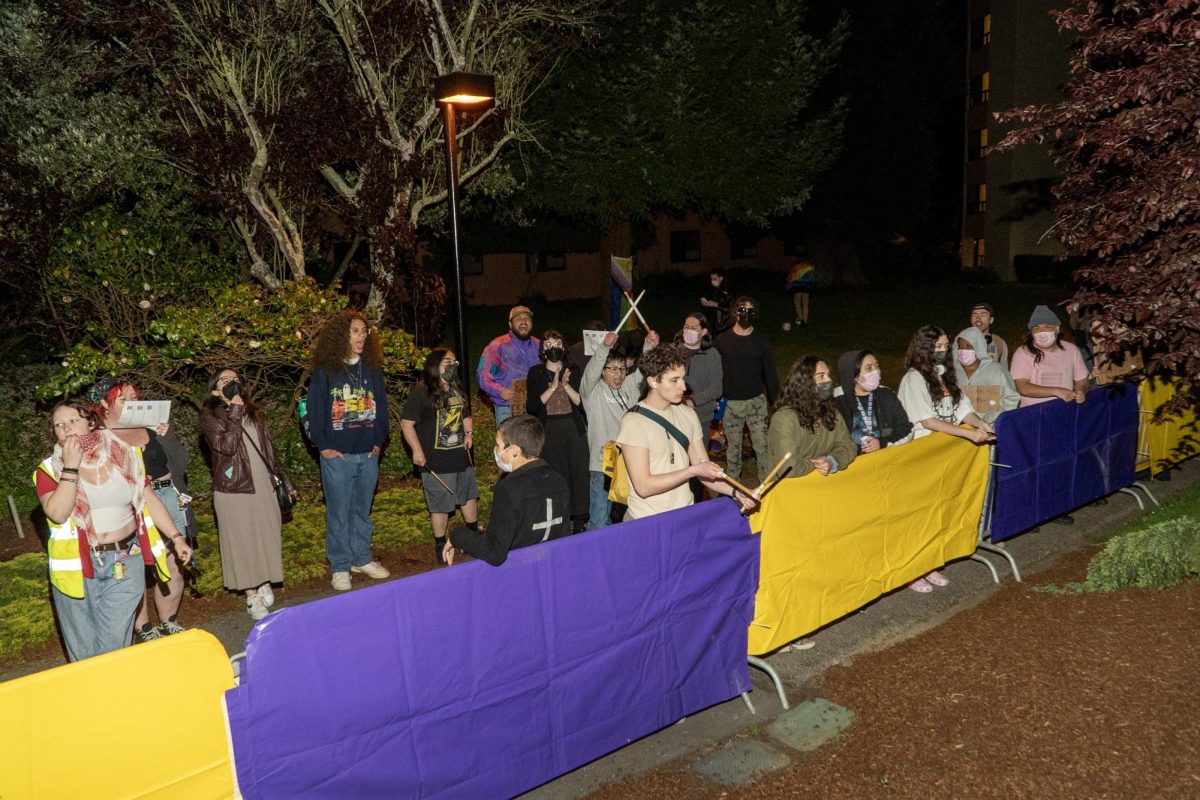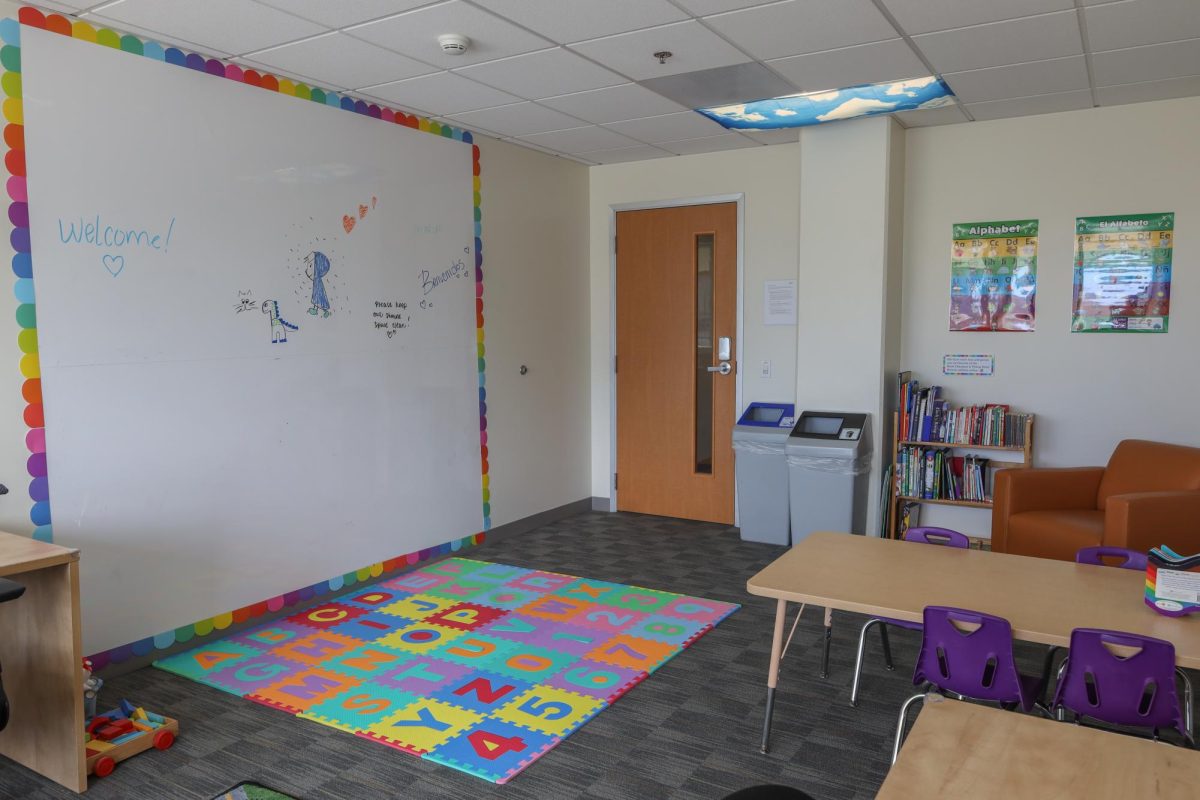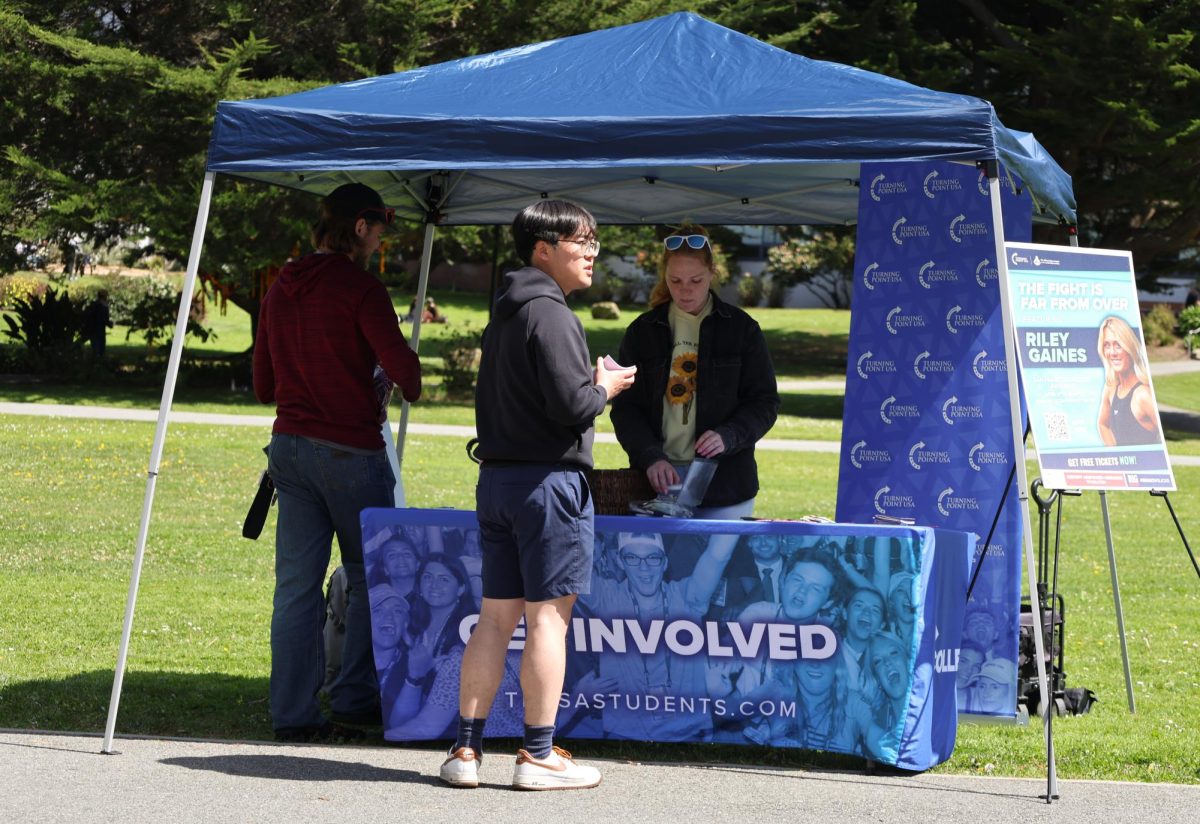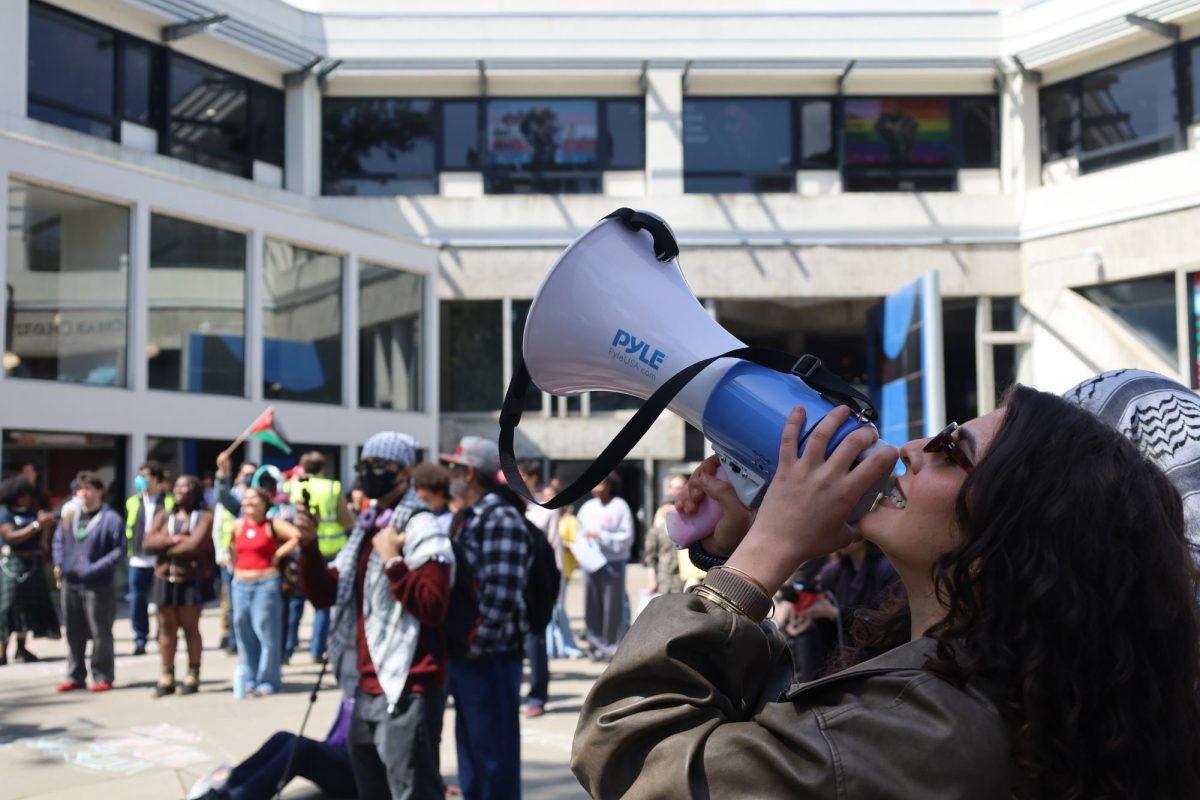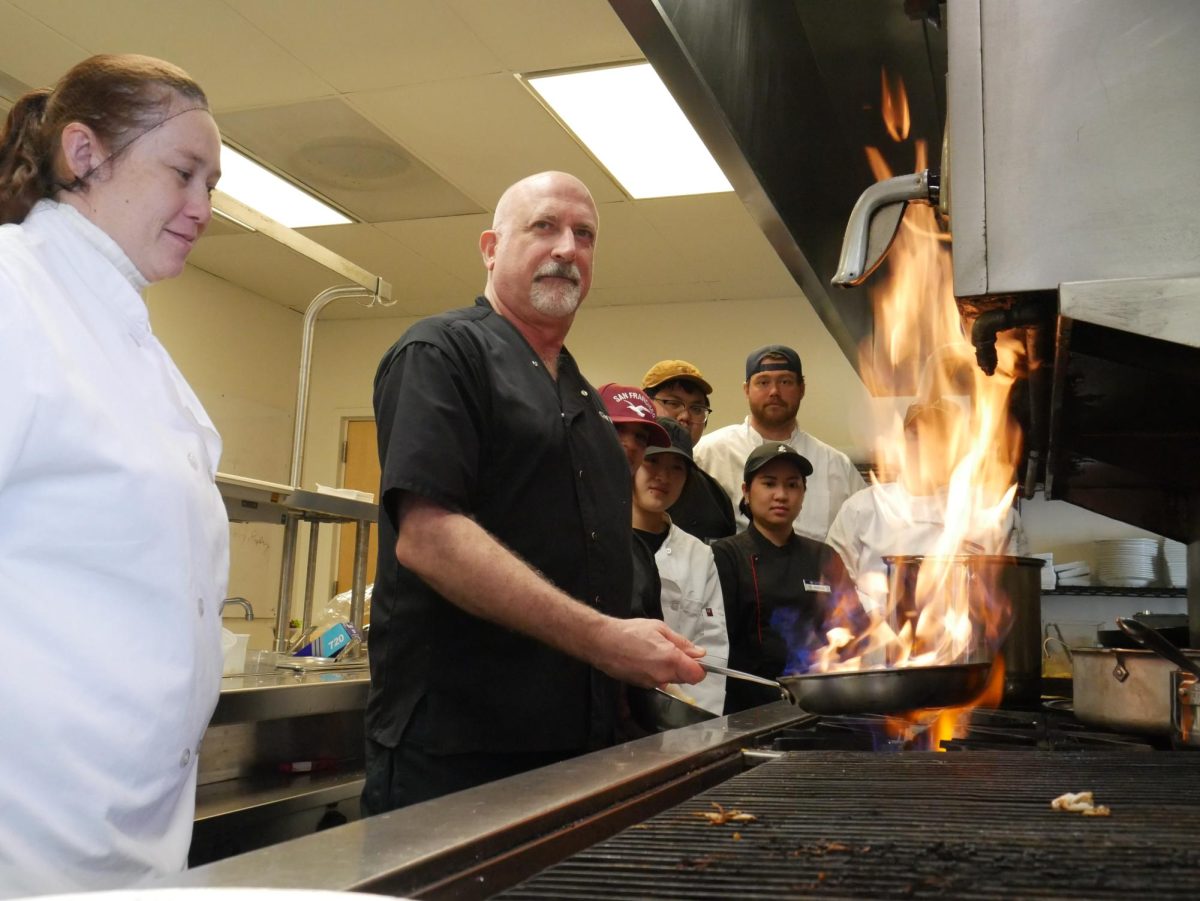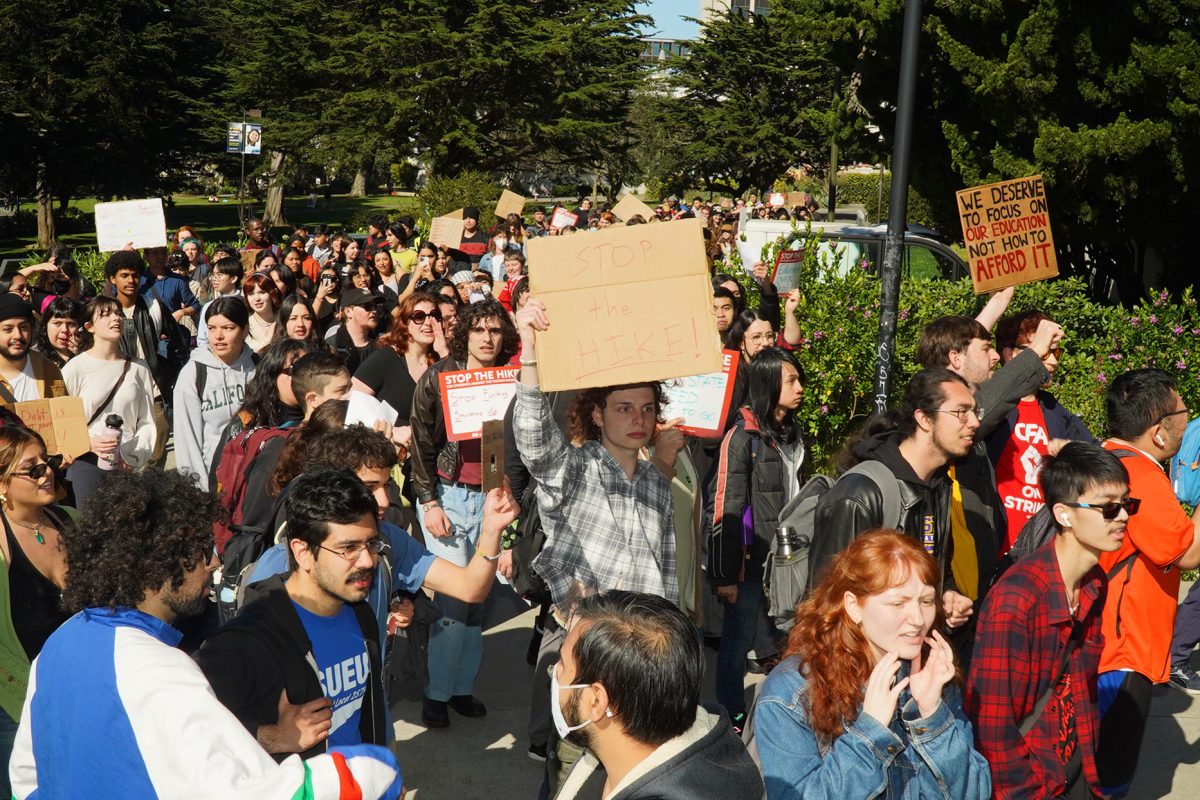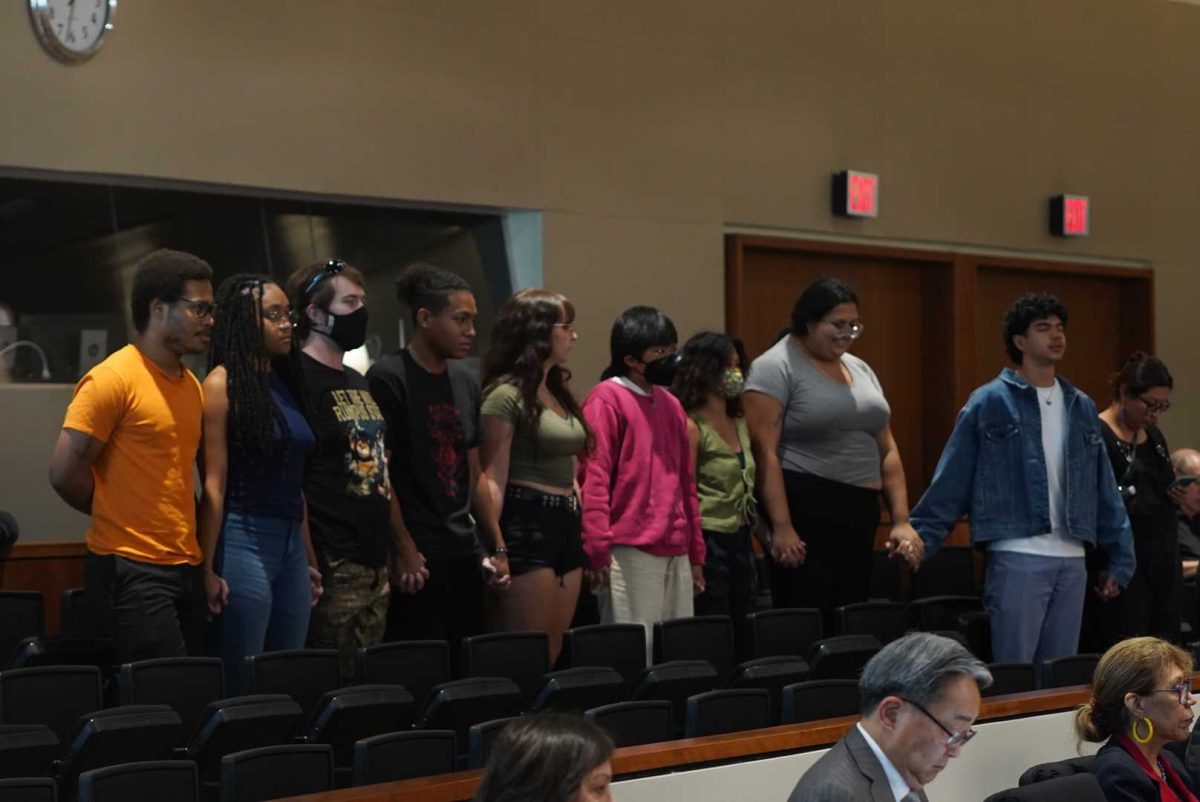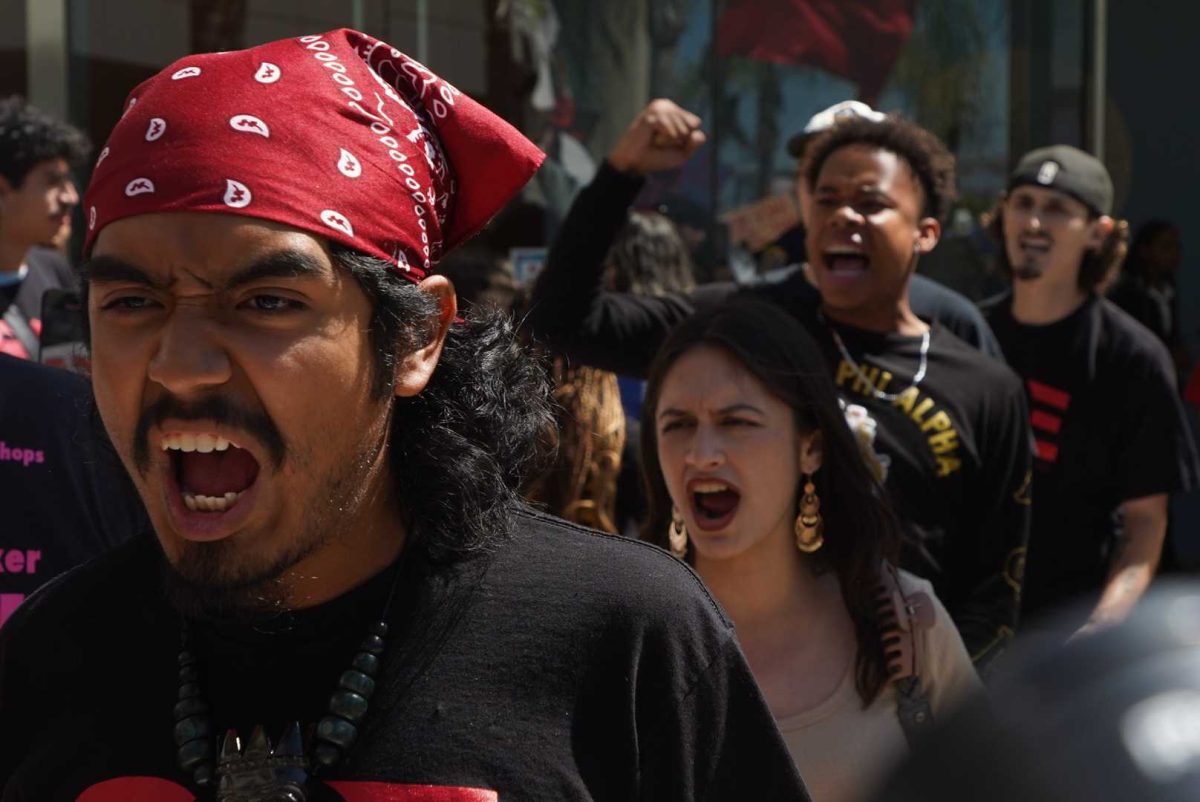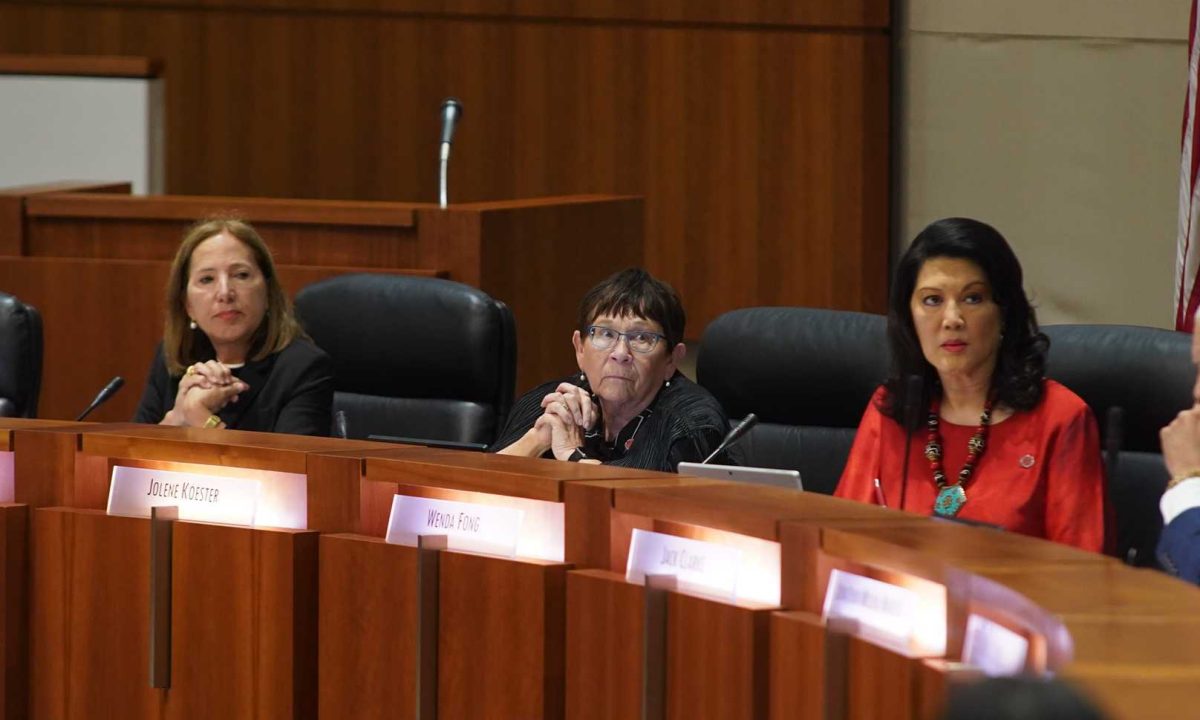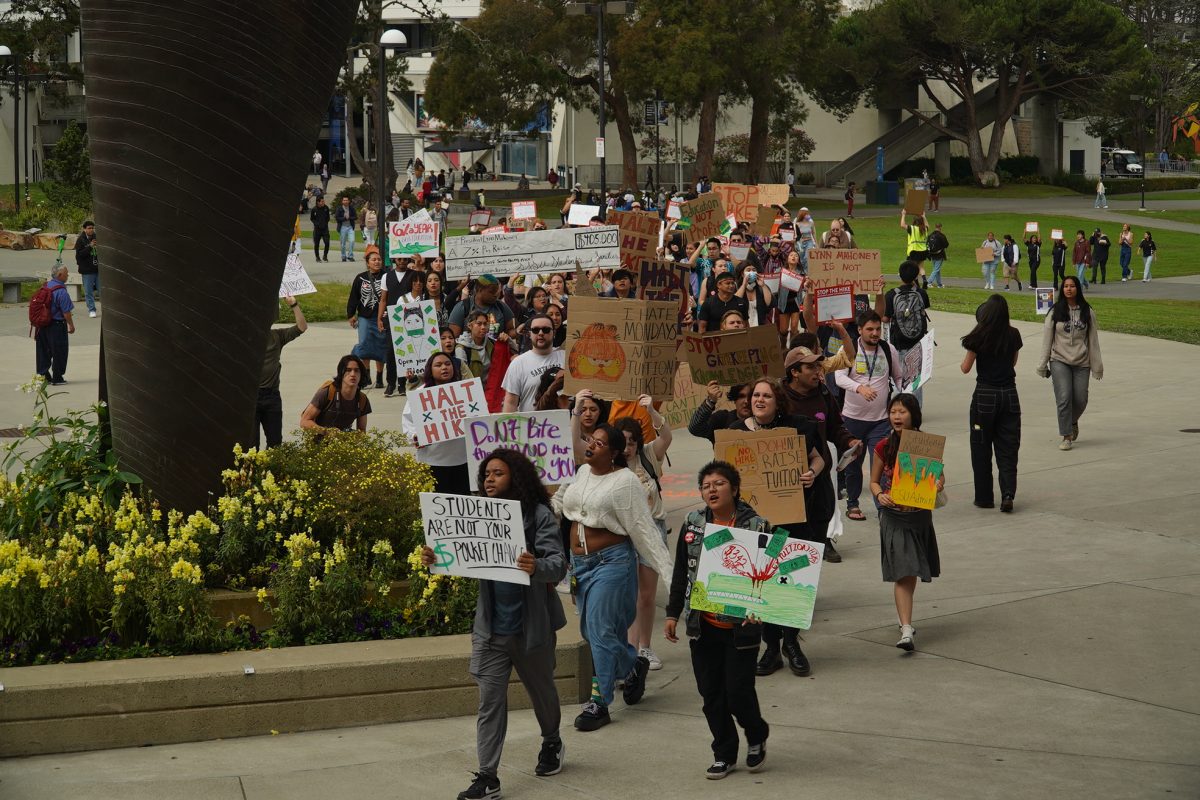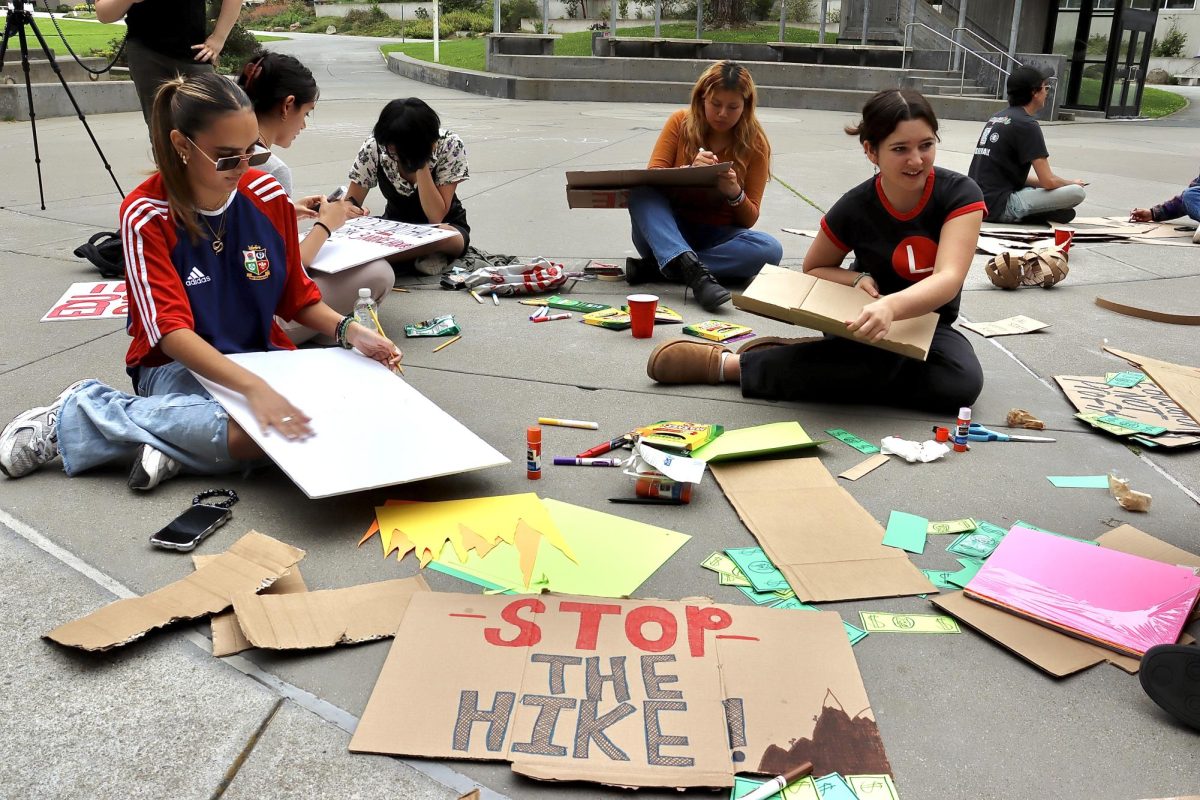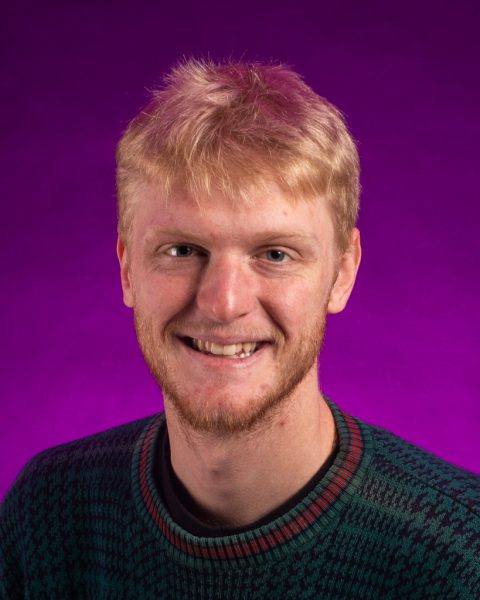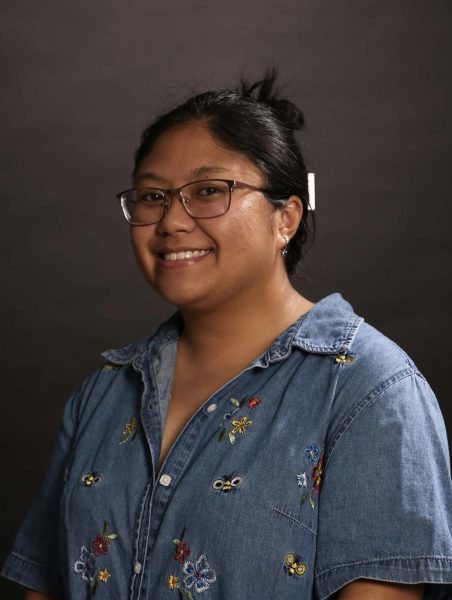The California State University Board of Trustees voted on Wednesday afternoon to pass the proposal to increase tuition by 6% annually over the next five years.
Although 60% of CSU students’ tuition will be fully covered by financial aid, the other 40% will see an increase of $342 in fall 2024. By fall 2028, full-time undergraduates will pay $7,682, a 34% increase over current tuition.
The vote passed 15-5 despite various campus organizations heavily opposing the tuition increase at the ‘Stop the Hike’ rally on Monday.
“It’s incredibly disheartening as students to see how little we’re valued. To just see this administration take more and more money from us without really investing it back,” Elsy Hernandez-Monroy, an SFSU student said.
Hernandez-Monroy was one of the hundreds of students who participated in Monday’s rally against the tuition increase. She claims the tuition increase will harm already disadvantaged groups on campus.
“A lot of the people here are first-generation, people of color and we are oftentimes having to fight harder to gain more opportunities and attend higher institutions of education,” said Hernandez-Monroy. “To see it become even more difficult for people like us is really just indicative of how little we are valued in society.”
There are different ways in which students at SFSU pay their tuition.
Tyanne Goltz, a senior student at SFSU, is now concerned about how she will pay for her tuition.
“My husband is a veteran and we use his disability check to help pay for my tuition,” Goltz said. “We’re paying tuition out of disability. Part of the reason I’m going here is because the tuition was lower than other schools.”
“I’m never in favor of charging students more,” said SFSU president Lynn Mahoney in an exclusive interview with GGX earlier this month. “But we only have two places to get revenues, the state and tuition, and the state has given all it can give — And our employees are underpaid.”
The CFA, which is currently negotiating a contract with the CSU, hosted a watch party on Tuesday and Wednesday for the Board of Trustees meeting at the Malcolm X Plaza.
“When you raise tuition, that also contributes to declining enrollment. So if you want to increase enrollment, you would not increase tuition, but lower it,” said CFA Chapter President Brad Erickson. “I feel like management is always talking down to us. We are completely opposed to tuition hikes because we’re also asking students to support a living wage for faculty.”
After the vote was passed, Erickson was passing flyers to collect virtual signatures for faculty’s commitment to standing up for a fair contract, which could lead to a strike.
“Six percent increases are unnecessary. They damage your education and they get in the way of the CSU system, which is to serve students,” said Will Clark, an English department assistant professor and fellow CFA member who was present at the watch party.
“More of the burden is being pushed on the students,” Clark said. “They will have less resources, counselors and faculty. They have other things they could be doing to address the funding gaps.”
The impact this tuition increase will have has yet to be felt – but some students are already foreseeing a long road ahead.
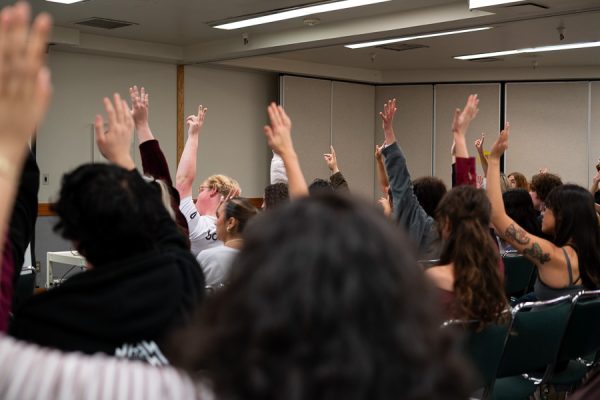
“If enrollment drops because of this vote — and it most certainly will — that means classes will get cut even more. All of our interests align with this decision being removed,” said Elliot Sum, a Young Democratic Socialist of America member.
The student organization voted Thursday during their meeting on prioritizing the CFA strike in unison with SFSU faculty.
“They [Board of Trustees] don’t care where we come from and what we have to go through to make it where we are,” said Kaedan Fleischer, a freshman who also attended Monday’s rally.
Fleischer added that although students can be extremely disappointed with the result, their efforts to make their voices heard didn’t go in vain.
“Just because the tuition hike went through doesn’t mean that what we did was for nothing,” Fleischer said. “There’s a lot to look forward to, a lot to learn from and a lot to build, and I think we’re in a really unique position to build off that and make a difference.”


